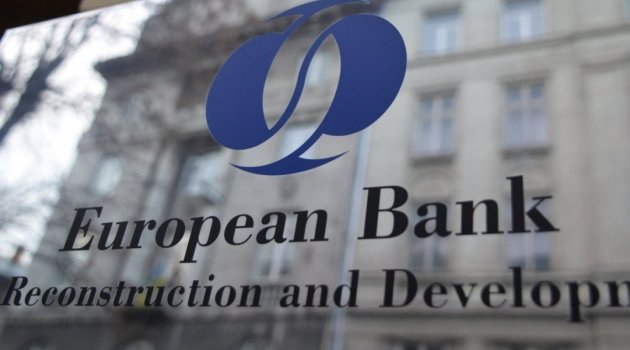Originally published by The Washington Times on May 15, 2017.
Donald Trump made the idea of draining the swamp in Washington, D.C., a central component of his presidential campaign. Now that he holds office, the degree to which he has taken steps toward achieving this goal is up for debate. However, a focus on eliminating corruption and cronyism should be encouraged throughout his tenure, and it should be maintained by subsequent administrations long after he leaves office. To be fully effective, however, the global swamp must be targeted as well.
While Americans are generally familiar with the ethical black hole that is the United Nations, as well as its tendency to deploy our tax dollars toward ends contrary to American interests, there are many less well-known global bodies benefiting from American support and/or taxpayer contributions while pushing ever more corrupt or statist agendas.
One such organization is the European Bank for Reconstruction and Development (EBRD). It was created in 1991, with the United States as the biggest financial sponsor, to assist former Soviet-bloc nations transitioning from communism, with a mission of “furthering progress towards market-oriented economies and the promotion of private and entrepreneurial initiative.”
This is a noble ambition, but as economist Daniel Mitchell found in a recent study published by the Center for Freedom and Prosperity, the EBRD has not only failed to achieve its originating objectives, but no longer exclusively pursues them.
The European Bank for Reconstruction and Development operates as a multilateral development bank, benefiting from subsidies both in terms of the capital it receives as well as through tax exemptions and its preferred creditor status. Unlike other multilateral development banks, such as the African Development Bank or the World Bank, the European Bank for Reconstruction and Development primarily finances private sector operations.
Since the private sector is the engine of prosperity, that sounds positive. But in practice, it means the European Bank for Reconstruction and Development is in the business of picking winners and losers. Frequent charges of corruption and cronyism that have plagued its projects, therefore, come as little surprise.
The EBRD’s own research even concluded that its work enables local corruption, finding “that a 10 percent increase in the per capita amount of disbursed funds leads to a 12.2 percent increase in corruption. Our results highlight the governance pitfalls of assistance from international organizations.”
In his report, Mr. Mitchell shows that there is no evidence that nations that received EBRD subsidies grow any faster, enjoy more job creation or have better social outcomes than similar nations that do not receive support. Instead, the EBRD distorts markets by diverting capital for allocation by bureaucratic edict rather than market forces.
Instead of concentrating on its pro-market mission, the European Bank for Reconstruction and Development has done what so many international organizations have in recent decades and expanded its focus by taking up various fashionable left-wing causes, many of which are at odds with its primary objective.
These include calling for taxes on wealth as a means for fiscal redistribution, promoting bigger governments and encouraging relatively poor economies to use more expensive “green” forms of energy. And among the components it has identified to measure what it calls a “sustainable” economy are non-economic policy preferences like “mitigation of climate change” and “gender equality.”
We’ve seen similar ideological initiatives from the slightly better-known Organization for Economic Cooperation and Development (OECD), which was founded to promote trade among industrialized nations, but today is primarily concerned with boosting tax collections for bloated welfare states. It, too, pushes a decidedly left-wing agenda on everything from health care to inequality.
Insulated as they are from the public eye and electoral processes, international organizations like the EBRD and the OECD are subjected to less political oversight, and fewer checks and balances. Thus, they are even more susceptible to bureaucratic drift than domestic agencies, and there are fewer means available for imposing course corrections. Only direct pressure from the world’s biggest economy is likely to have any effect.
Global bodies founded with a mission to promote economic liberalization and free markets are abusing the political and financial support granted to advance those missions by diverting resources and attention toward ideological and contradictory goals. To successfully drain the swamp, their activities need to receive heightened scrutiny at the very least. Even better would be a comprehensive review of the benefits of continued U.S. participation in such organizations, if any can be found.

